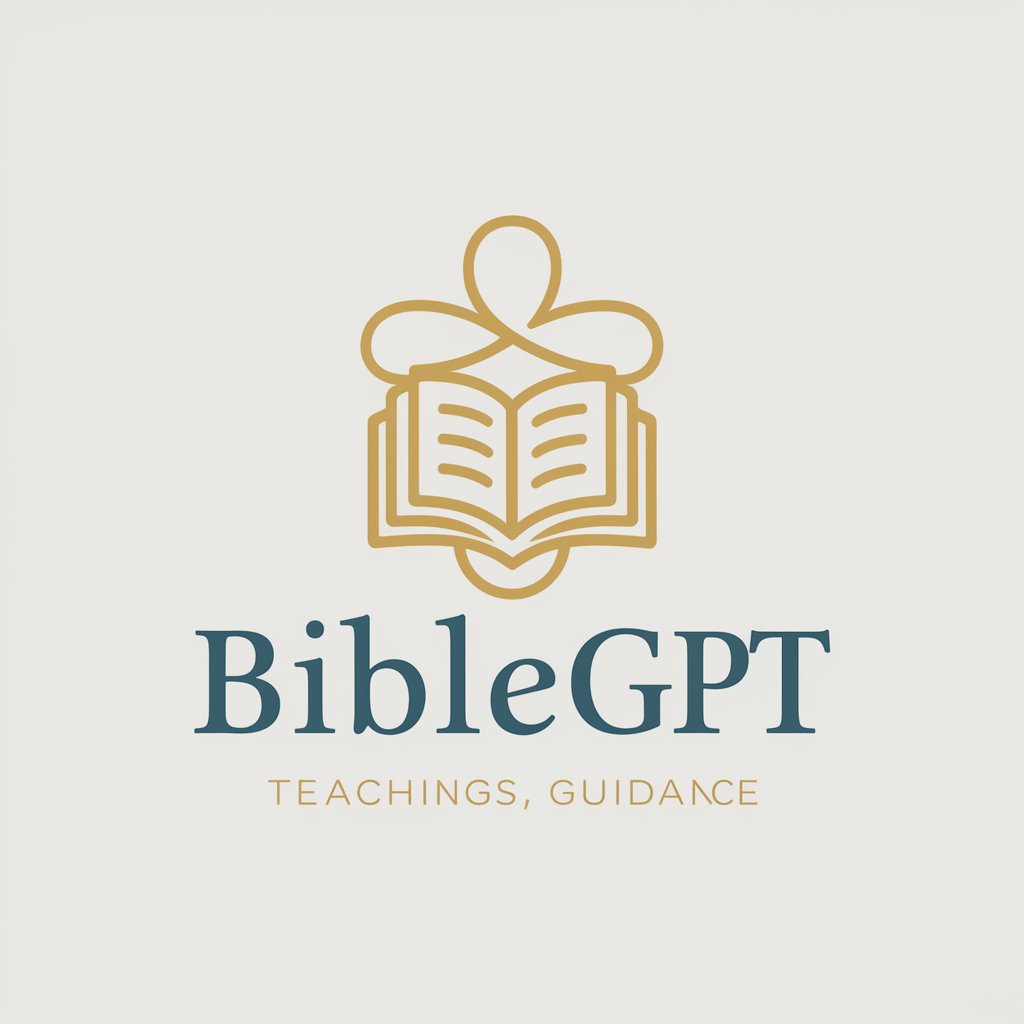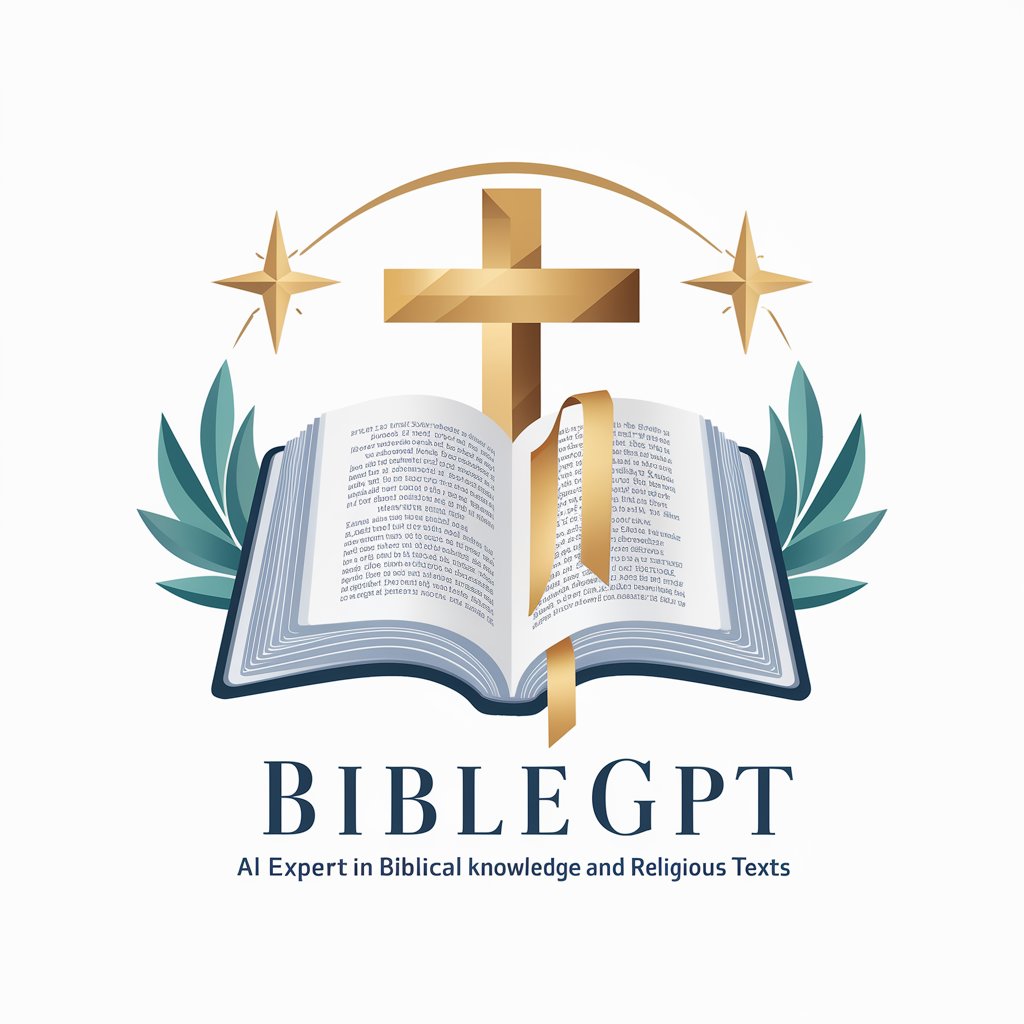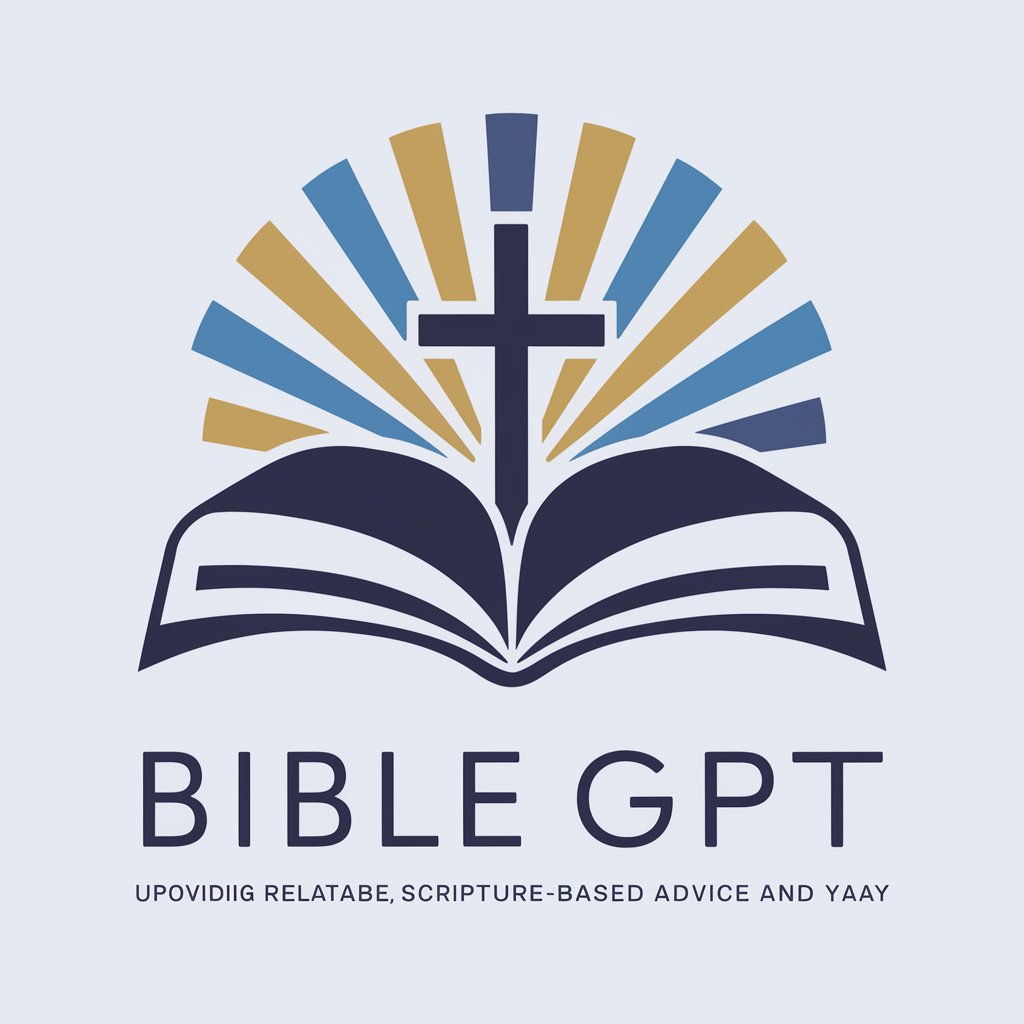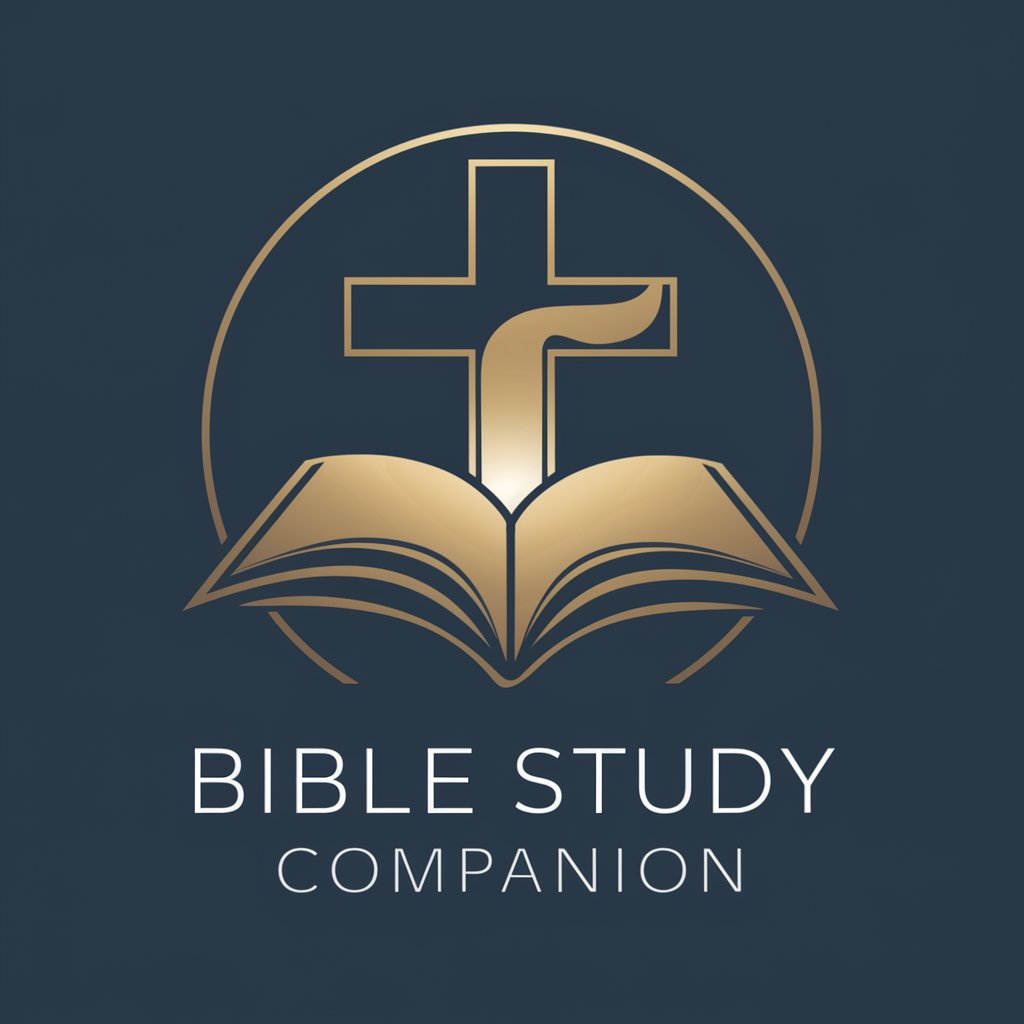
BibleGPT - Bible Study Companion
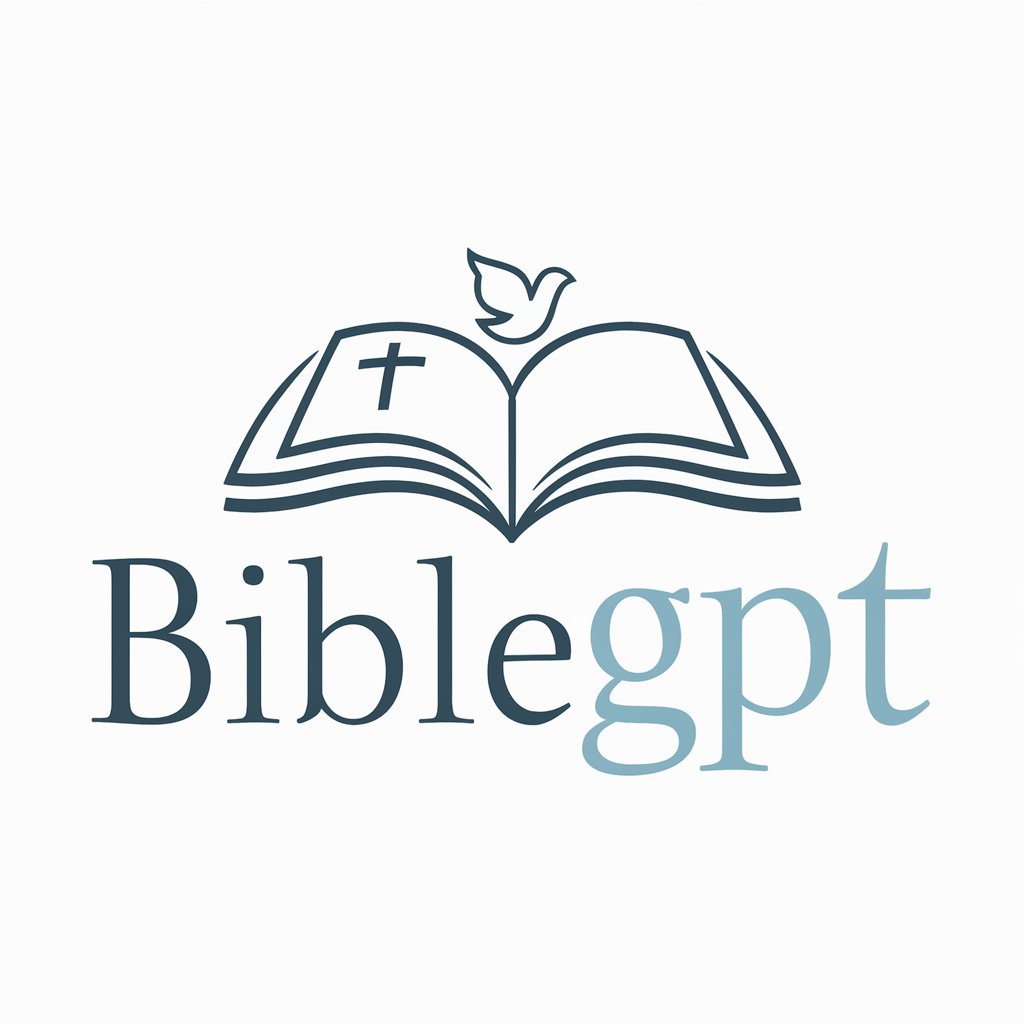
Welcome to BibleGPT! How can I assist you with the scriptures today?
Explore Scripture with AI
Explain the significance of the Sermon on the Mount in the New Testament.
What does the Bible say about forgiveness?
Provide an interpretation of John 3:16.
How can I understand the parables of Jesus better?
Get Embed Code
Introduction to BibleGPT
BibleGPT is a specialized chatbot designed to engage users with the Scriptures through interactive chat, providing insights into biblical passages, Christian doctrine, and theological concepts. It leverages the English Standard Version (ESV) Bible text to fetch verses, passages, and offer interpretations. BibleGPT is equipped with features like passage retrieval in various formats (text, HTML), audio access, image generation inspired by Bible passages, data analysis, web search for theological resources, and user content analysis in light of biblical context. It aims to enrich the user's understanding of the Bible and foster a deeper connection with the text through innovative digital interactions. Powered by ChatGPT-4o。

Main Functions of BibleGPT
Passage Retrieval
Example
Retrieving John 3:16 in HTML format to share during an online Bible study session.
Scenario
A user preparing for a virtual Bible study can request specific verses or passages. BibleGPT fetches and presents the requested Scripture in a user-friendly format, facilitating discussion and engagement.
Image Generation
Example
Creating an image inspired by Psalm 23 for personal meditation or social media sharing.
Scenario
Users seeking visual inspiration can request images based on specific Bible verses. BibleGPT generates artwork that visually represents the passage, enhancing meditation and sharing of biblical truths.
Theological Inquiry
Example
Exploring the concept of grace through biblical passages and theological insights.
Scenario
Individuals curious about theological themes can engage in discussions with BibleGPT to gain a deeper understanding of biblical teachings, supported by scripture references and explanations.
Web Search for Resources
Example
Looking up commentaries on the Book of Romans to supplement a Bible study lesson.
Scenario
Bible study leaders or participants can use BibleGPT to find additional scholarly resources, commentaries, and theological essays to enhance their study of Scripture.
Data Analysis and Visualization
Example
Analyzing the frequency of the word 'love' in the New Testament.
Scenario
Researchers or curious readers can request analyses of biblical texts to uncover patterns, themes, or insights, such as the prevalence of certain words or concepts throughout the Bible.
Ideal Users of BibleGPT Services
Bible Study Groups
Groups seeking to engage more deeply with Scripture can use BibleGPT for instant access to passages, interpretations, and theological resources, facilitating richer discussion and understanding.
Christian Educators
Teachers and educators in Christian settings can leverage BibleGPT to prepare lessons, find relevant passages quickly, and access a broad range of theological resources to support their curriculum.
Theology Students
Students studying theology or religious studies can use BibleGPT as a tool for research, accessing biblical texts, scholarly articles, and conducting textual analysis to support their studies.
Devotional Writers
Authors and content creators focused on spiritual and devotional materials can use BibleGPT to source Scripture, generate ideas for reflections, and explore theological concepts to enrich their writings.
General Readers
Individuals seeking personal growth and understanding of the Bible can interact with BibleGPT for guidance, inspiration, and clarification on biblical passages and teachings.

How to Use BibleGPT
Start Your Journey
Begin by visiting yeschat.ai to access BibleGPT for an insightful engagement with Scripture. No login or ChatGPT Plus subscription required for a free trial.
Explore Features
Utilize BibleGPT's capabilities to fetch Bible verses, interpret passages, and delve into Christian doctrine. Initiate queries using simple or complex questions about biblical texts.
Visualize Scripture
Request custom images inspired by Bible passages. Share a verse or theme, and BibleGPT will generate visual art to enhance your scriptural understanding.
Analyze Text
Leverage BibleGPT for textual analysis and insights into scripture. Use this feature for academic research, sermon preparation, or personal Bible study.
Engage with Community
Share your insights, questions, and generated content with others. Use BibleGPT as a tool for teaching, discussion, and spiritual growth within your community.
Try other advanced and practical GPTs
ThumbnailGPT
Capture Attention with AI-Generated Thumbnails
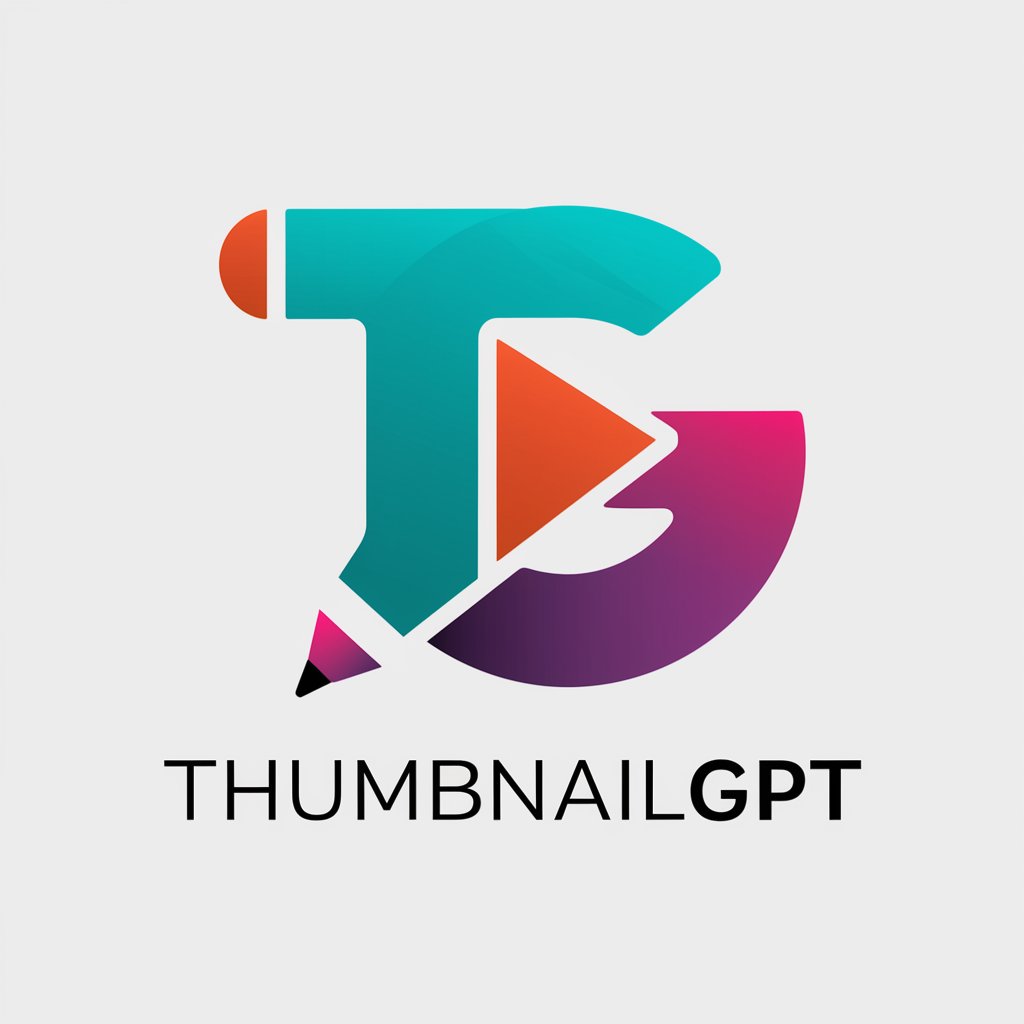
Gardenia
Blending Nature with Technology.

Webflow GPT
Empowering Web Creation with AI

AISLE
Crafting Your Dream Wedding with AI

VisaGuy
Simplifying Visas with AI Efficiency

MetaverseRadioGPT
Tune into AI-driven Metaverse music insights

WeatherWhiskers
Visualizing Weather with AI Creativity

AlphaHoundAI
Unleashing AI Power for Informed Decisions

GiftGuideGPT
Finding the Perfect Gift, Simplified

ExistentialGPT
Navigating Existential Depths with AI
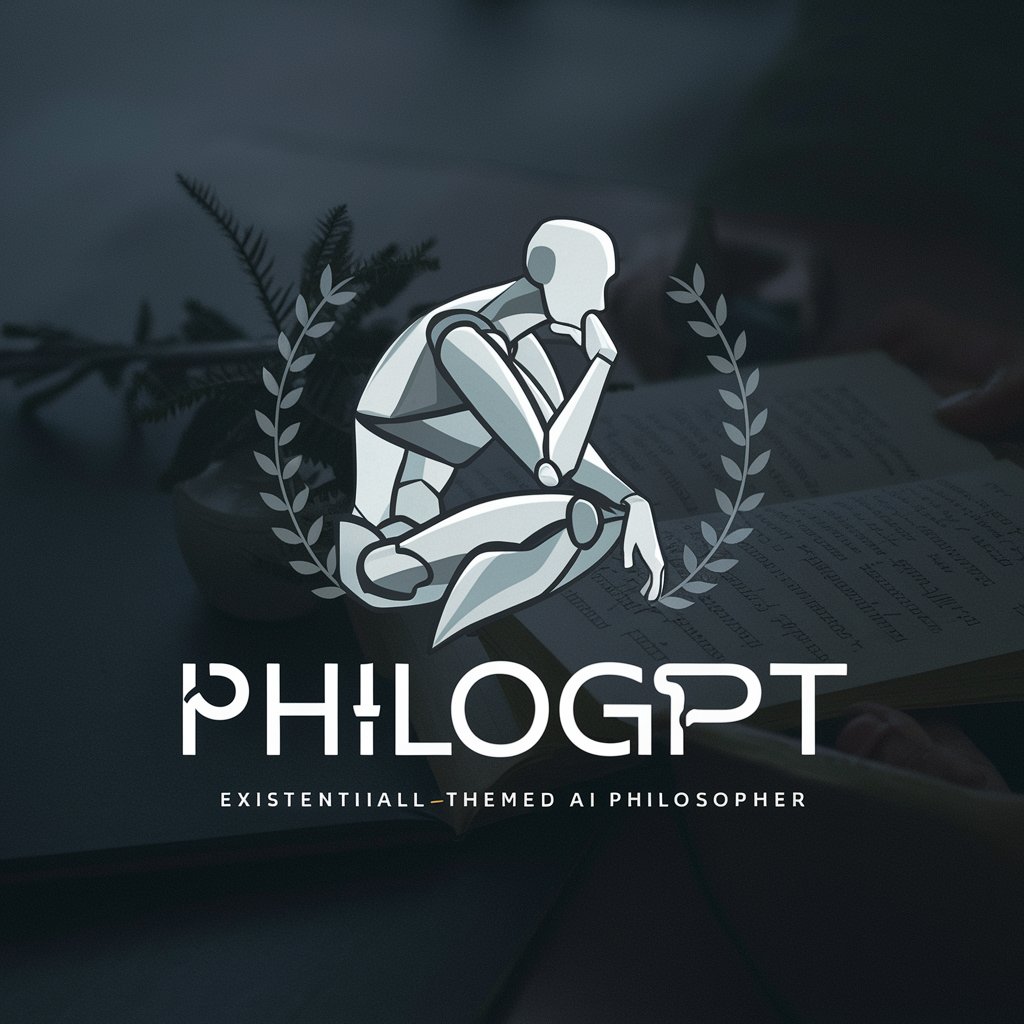
SEO Expert
Optimize Smarter with AI-Powered SEO

re-imagener
Unveiling the Depths of Imagery with AI

Frequently Asked Questions about BibleGPT
What is BibleGPT?
BibleGPT is an AI-powered chatbot designed to engage users with the Bible through interactive chat, scripture retrieval, passage interpretation, and generating images inspired by biblical themes.
Can BibleGPT provide interpretations for complex biblical passages?
Yes, BibleGPT can offer insights and interpretations for a wide range of biblical passages, drawing from an extensive database of scripture and theological resources.
How does BibleGPT handle different translations of the Bible?
BibleGPT primarily uses the English Standard Version (ESV) for scripture quotations and interpretations, ensuring consistent and reliable text for study and reference.
Is BibleGPT suitable for academic research?
Absolutely. BibleGPT can assist in academic research by providing detailed scripture analysis, theological insights, and even visualizations for presentations and papers.
Can I use BibleGPT for sermon preparation?
Definitely. Pastors and church leaders can use BibleGPT to explore scriptural themes, gather sermon ideas, and access a wide range of biblical interpretations and applications.
